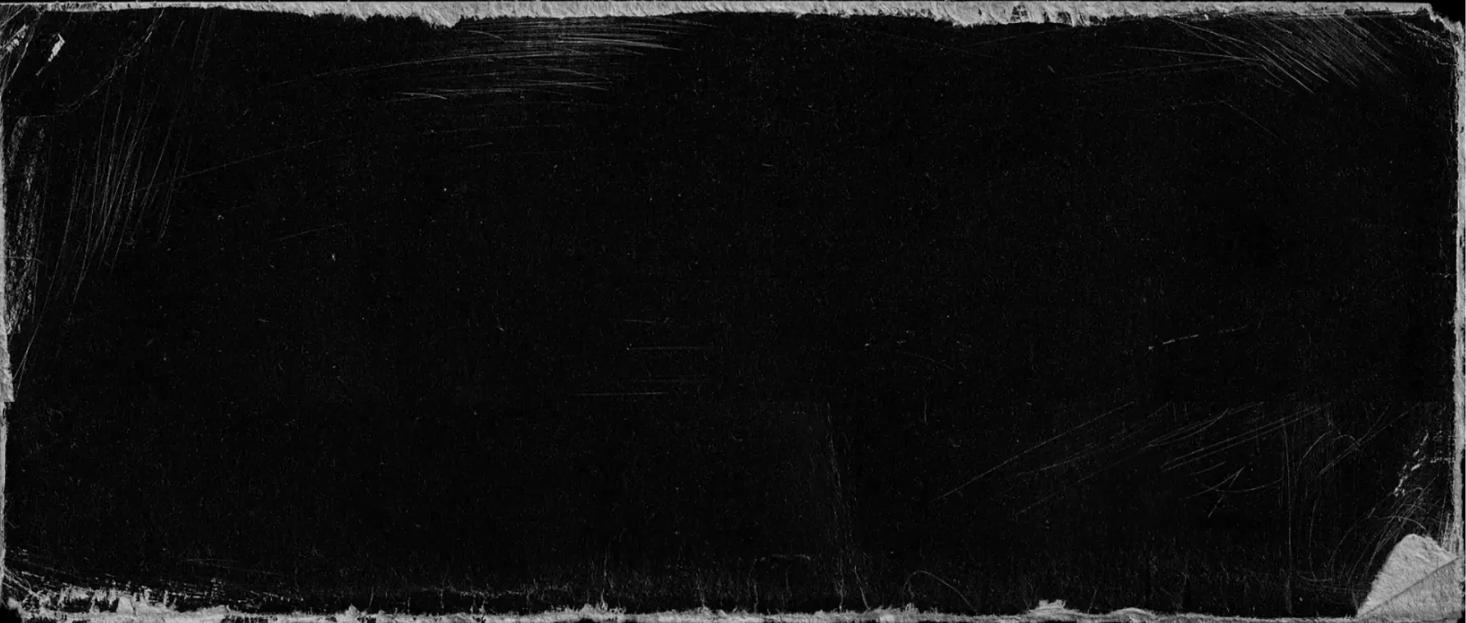
Rehabilitation through treatment
Irrespective of the cause of Cushing's, the result is always the same - more cortisol is produced than is actually needed by the body. This results in the slow development of a combination of clinical signs that are associated with the condition.

Your veterinary surgeon will tailor the dose of medication to you and your dog’s needs. Your dog should be closely monitored, especially in the early stages of therapy, until the correct dose is identified.
At each monitoring check-up, your vet is making sure your dog is having the right treatemnt to manage their symptoms, as well as ensuring they are not showing any signs of receiving too much medication.
When your veterinary surgeon is happy with your dog’s progress, it is necessary that you visit your veterinary surgeon every three months for regular monitoring so that any dose adjustments can be made as required.
Investigate your dog’s response to treatment
It is very important for your vet to clearly understand how your dog is responding to medical treatment and that your dog is improving as should be expected. Your vet also needs to make sure your dog is not showing any signs of being unwell when on treatment.
You can help your veterinary surgeon to monitor your dog by recording their symptoms. If your dog develops any signs of illness while on treatment including lethargy, vomiting, diarrhoea and loss of appetite, stop treatment immediately and contact your veterinary surgeon as soon as possible.
You can download the Cushing's Clinical Score sheet to help monitor your dog's progress here

Detecting the dosage
To help your vet determine the right dose of medication, the Royal Veterinary College, London, have developed useful monitoring tools to help you focus on the most important areas of your dog’s Cushing’s. Continuous and consistent monitoring is key to finding the right dose for your dog and restoring their health.
Since the clinical signs (symptoms) of Cushing’s are key to monitor, the Cushing’s Clinical Score has been developed so that it is easy to record and keep track of the most important symptoms. It is recommended to complete the score before every visit to the vets and to share the results with your vet.
You should see improvements in your dog within a few weeks of starting treatment. However, it is normal for it to take a couple of months until you see improvements in all your dog’s symptoms of Cushing’s.
See the timeline of improvement below:
Pre-treatment
Three months of treatment
Photos © Carlos Melian
Nine months of treatment
Looking for improvement in quality-of-life:
Treating your dog’s Cushing’s syndrome improves your dog’s quality-of-life, and as a result your own quality of life. The CushQoL-pet questionnaire measures the quality-of -life of you and your dog and can help to identify areas of potential improvement.
The questionnaire can show the improvement in quality-of -life over time with treatment, and it is recommended to complete the questionnaire every three months and to share this information with your vet.
Click here to download QoL questionnaire

Investigating blood tests
While your dog’s symptoms are critically important in a monitoring consultation, blood tests are is also required to confirm the correct treatment dose. Routine blood tests should be performed at various intervals after starting treatment. Your veterinarian will advise you on the frequency of blood tests depending on the treatment prescribed.
If using medical therapy, ensure you continue giving your dog the prescribed dose of medication even after you notice improvements in your dog’s symptoms. Medical treatment will curb the excesses associated with the overproduction of cortisol, but it will not cure your dog.
Monitoring your dog is crucial, and regular checks performed by your veterinary surgeon will ensure your dog continues to get the best possible care.

Cushing’s questioning
Detective Lead has seen it all when it comes to frequently asked questions (FAQs) about Cushing’s. Explore FAQs about Cushing’s symptoms, treatment and more.



